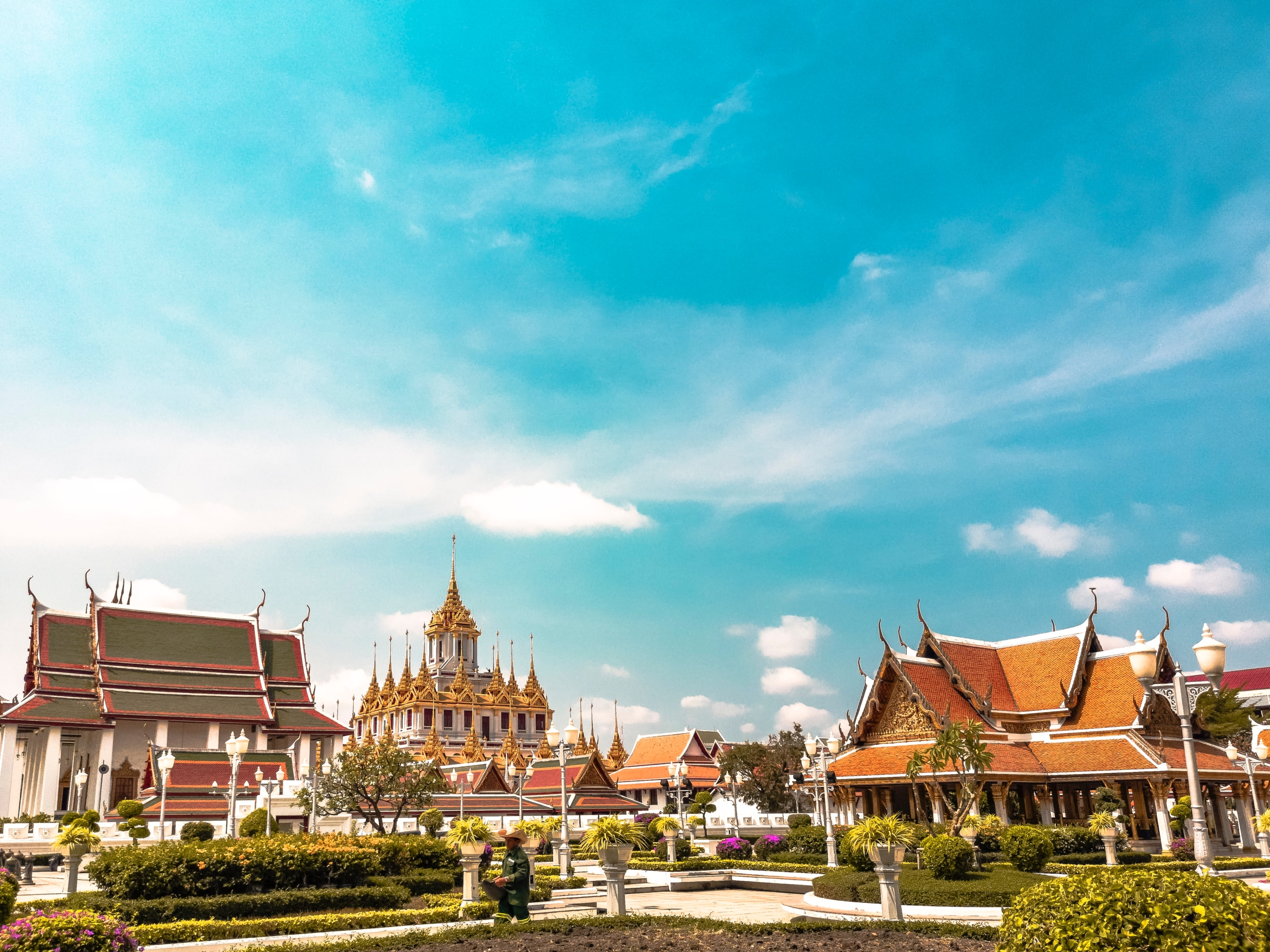Singapore Green Jet Fuel Levy on Travellers Ignites Funding Debate
Thailand’s new Prime Minister tells Parliament that his government will address the country’s economic problems as soon as possible

In his inaugural address to Parliament on Monday, Thailand’s new Prime Minister Srettha Thavisin pledged to act quickly to alleviate the country’s economic issues. This came after four months of political uncertainty during which parliamentarians were unable to agree on a government.
Thailand’s economy has drooped after the Coronavirus pandemic everything except injuries is rewarding the travel industry. Public obligation rose to over 60% of Gross domestic product in 2023, while family household debt to more than 90% of the Gross domestic product this year, he said.
Srettha said that Thailand’s economy after the pandemic is like “a sick person,” with a slow recovery that puts the country “at risk of entering a recession.”
He promised to rapidly go to lengths to assuage obligation issues, relieve rising energy expenses and lift the travel industry, without meticulously describing the situation.
In addition, he stated that the government would immediately begin implementing a campaign promise to provide a 10,000-baht ($280) handout to all Thais over 16 to boost short-term spending and stimulate the economy. Subtleties were not given, however he’s recently said it would cost up to 560 billion baht ($15.8 billion) and will be prepared to convey by the primary quarter of the following year.
The promise sparked a lot of interest during the election campaign, but some have wondered if it would last.
Long haul objectives referred to by Srettha incorporate helping worldwide exchange, supporting new companies, putting more in transport framework, working on farming creation, engaging neighborhood government and expanding admittance to land proprietorship. The public authority would likewise try to revise the ongoing military-introduced constitution through a cycle that permits public investment.
These means would permit the economy to develop and its kin to have the option to “live with nobility,” he said.
After nearly a decade under military rule, Thailand’s elections in May revealed a strong demand for change.
However, members of the appointed and conservative Senate were alienated by its calls for minor monarchy reforms, which is why Parliament did not approve the coalition that was formed by the progressive Move Forward party, which won the most seats in the polls in May.
Srettha’s Pheu Thai party, which came in second, was able to win Senate support by joining a larger coalition without Move Forward. In any case, it succeeded exclusively by including support of military gatherings and a few gatherings that were important for the past government, reneging on a mission promise not to do as such. The arrangement raised suspicion over Pheu Thai’s capacity to satisfy its political race guarantees while obliging partners come from up and down the political range.
Srettha addressed the issue diplomatically in his speech, promising “co-development” with the military to end mandatory conscription, reduce the excessive number of generals, and ensure transparency in defense ministry procurement procedures. Sutin Klangsang, a Pheu Thai, is in charge of the ministry. He is one of the few civilians in the position, which is typically held by veteran senior military officers.

